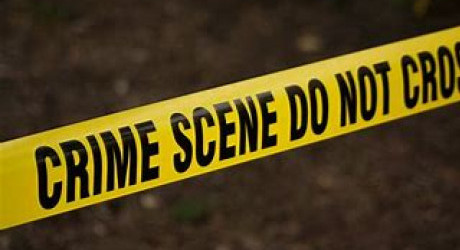Let's look at the bright side, for once
2:21 pm, Fri May 15, 2015
By Dashan Hendricks
Sometimes we cloud our minds with notions that so many things are wrong, we fail to realise things that are right, more so with the state of the Jamaican economy.
The latest in this regard is the failure of the country to raise J$121 billion in revenues for the primary surplus for the fiscal year 2014/15.
But as was pointed out in these columns before, and reinforced by the new IMF Mission Chief to Jamaica, Uma Ramakrishnan, while the country missed the dollar amount, the important target, that of having the primary surplus target at 7.5% of GDP, is estimated to have been met. The issue is that the economy was smaller than anticipated, and so 7.5% of a smaller economy ultimately yields a lower figure.
Fundamental
The most fundamental issue with not meeting the primary surplus target is the failure of the country to generate the growth levels that were projected. But one can have some assurance that growth being sought is not far away. Take for instance the difference in opinion between the government and the IMF on the matter. The government has projected growth of 1.6% for this fiscal year. The IMF says it could be 2%. In many cases, international observers, such as the IMF, have been more conservative than sovereign states in those projections.
So what is happening that is so right?
Businesses are seeing increased facilitation for their activities, despite hiccups along the way. The Security Interest in Personal Property (SIPP) Act and the establishment of a National Collateral Registry allow businesses to register movable assets as collateral that can be used to secure bank loans. Licenses have been issued to credit bureaus to provide better information for lending and the servicing of loans, equity financing is being promoted through the Jamaica Venture Capital Programme and Angel Investor programme. Added to that, the registration of businesses has been streamlined and approval for development has been set at no more than 90 days.
The country has undergone what has been described as the most far reaching tax reform programme in more than 20 years, and a new Fiscal Incentives Act, which introduced Employee Tax Credit, was passed.
In my mind, these are the types of reforms businesses have been crying out for over the last two decades. True, issues of access to capital still remain, but no one can deny that the country is moving in the right direction. It is in sorting out these activities that we will help to push ourselves over the hurdle of growth that has eluded us for the last 40 years.
Issues of taxation still remain, but at times I wonder, listening to the cries of some businesses, if they are averse to paying taxes.
While much has been achieved, much more needs to be done. The cost of energy remains an issue, despite its decline in recent times, because the decline is due to lower oil prices rather than any change in the structure of electricity generation in Jamaica. Increases in the cost of oil will push up energy costs again, until we solve the issue of the fuel source used to generate electricity and bring a permanent reduction to its cost.
Confidence Index
Still, the latest confidence index shows businesses ready and willing to invest, citing the stability brought to the economy by the government’s unwavering commitment to the strictures of the IMF-led economic reform.
More needs to be done. Issues with infrastructure, education, health care, some tax matters and security still restrict the potential of the economy. They have obscured most of the good things that are happening.
Overall, though the true test of the economy is in recording growth, expanding employment and reducing poverty. Until those are achieved, all that is going right will count for naught.
Dashan Hendricks is RJR's Group Business Editor

9:32 am, Sat April 20, 2024

8:34 pm, Sat April 20, 2024
.jpg)
11:29 am, Fri April 19, 2024








 All feeds
All feeds







